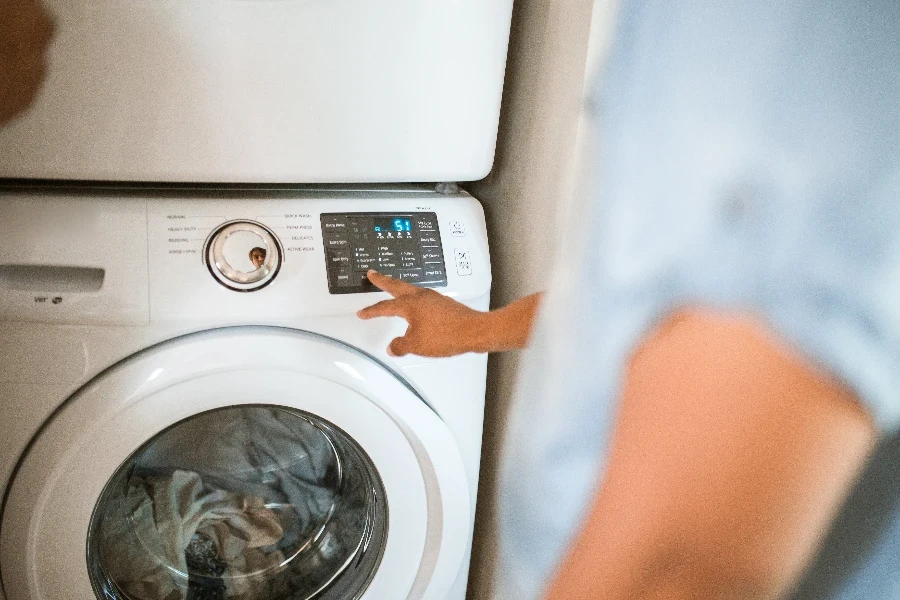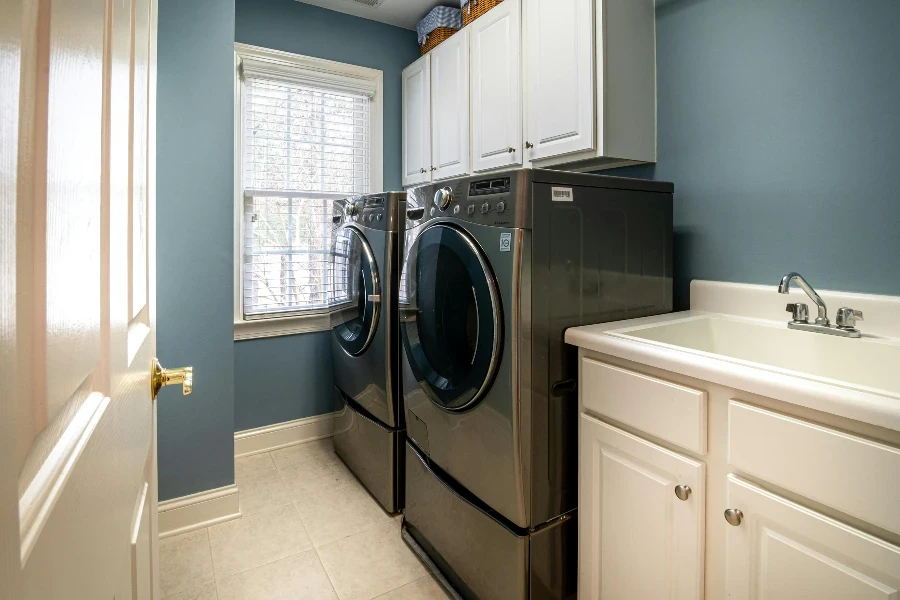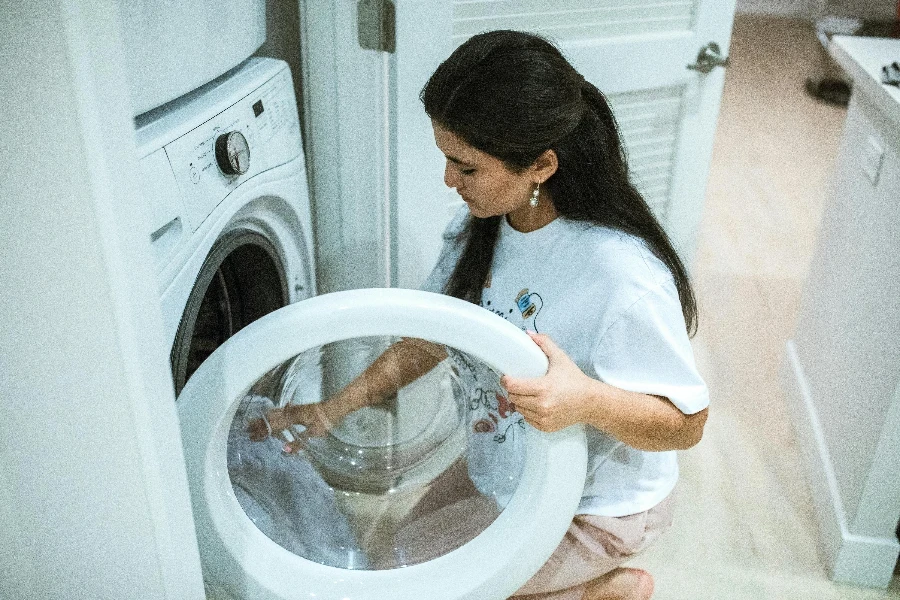In the quest for efficient and cost-effective household appliances, washing machines stand out as a necessity for many. The journey towards finding an affordable yet efficient washing machine can be daunting, given the myriad of options available in the market. This article aims to demystify the process, offering insights into the most crucial aspects consumers care about when searching for cheap washing machines. By breaking down complex concepts into digestible explanations, we aim to empower you with the knowledge to make an informed decision that meets your laundry needs without breaking the bank.
Table of Contents:
1. Energy efficiency and water usage
2. Capacity and load type
3. Spin speed and noise level
4. Features and technology
5. Maintenance and longevity
Energy efficiency and water usage:

Energy efficiency is not just a buzzword; it’s a crucial factor in the long-term cost and environmental impact of a washing machine. A model that uses less electricity and water per cycle can lead to significant savings on utility bills over time. Modern affordable washing machines come equipped with various energy-saving features, such as adjustable water levels and eco-friendly cycles. Understanding the energy rating systems can help you choose a machine that aligns with your sustainability goals and budget.
Capacity and load type:

The size of the washing machine’s drum is another critical consideration, especially for households with varying laundry needs. Capacity is measured in kilograms and indicates how much laundry the machine can handle per cycle. A larger capacity might seem appealing for reducing the number of loads per week, but it’s essential to assess whether you’ll regularly fill the machine to its capacity to avoid unnecessary energy and water usage. Additionally, the choice between top-loading and front-loading machines can affect both the price and the space required for installation.
Spin speed and noise level:

The spin speed of a washing machine affects both the drying time and the overall noise level of the laundry process. Machines with higher spin speeds can extract more water from clothes, reducing drying time but potentially increasing noise and vibration. When searching for cheap washing machines, consider the balance between a sufficiently high spin speed and a tolerable noise level, especially if the machine will be located near living spaces.
Features and technology:

While basic models can cover essential washing needs, some affordable washing machines offer advanced features that enhance convenience and efficiency. Delay timers, variable temperature controls, and specialized wash cycles for different fabrics can make the laundry process more tailored to your specific needs. However, it’s important to evaluate which features are truly beneficial for you to avoid paying for technology that you may not use.
Maintenance and longevity:

The initial cost of a washing machine is only part of the investment; maintenance and potential repairs also contribute to the total cost of ownership. Opting for a model known for its durability and ease of maintenance can prevent costly repairs down the line. Regular cleaning and upkeep, such as descaling and replacing worn-out parts, can extend the lifespan of your machine, making a more affordable model a wise long-term investment.
Conclusion:
Choosing an affordable washing machine doesn’t mean compromising on quality or efficiency. By considering energy efficiency, capacity, spin speed, features, and maintenance, you can find a machine that meets your laundry needs and fits your budget. Empowered with the right information, you can make a cost-effective choice that ensures your clothes are clean without undue strain on your finances or the environment.




